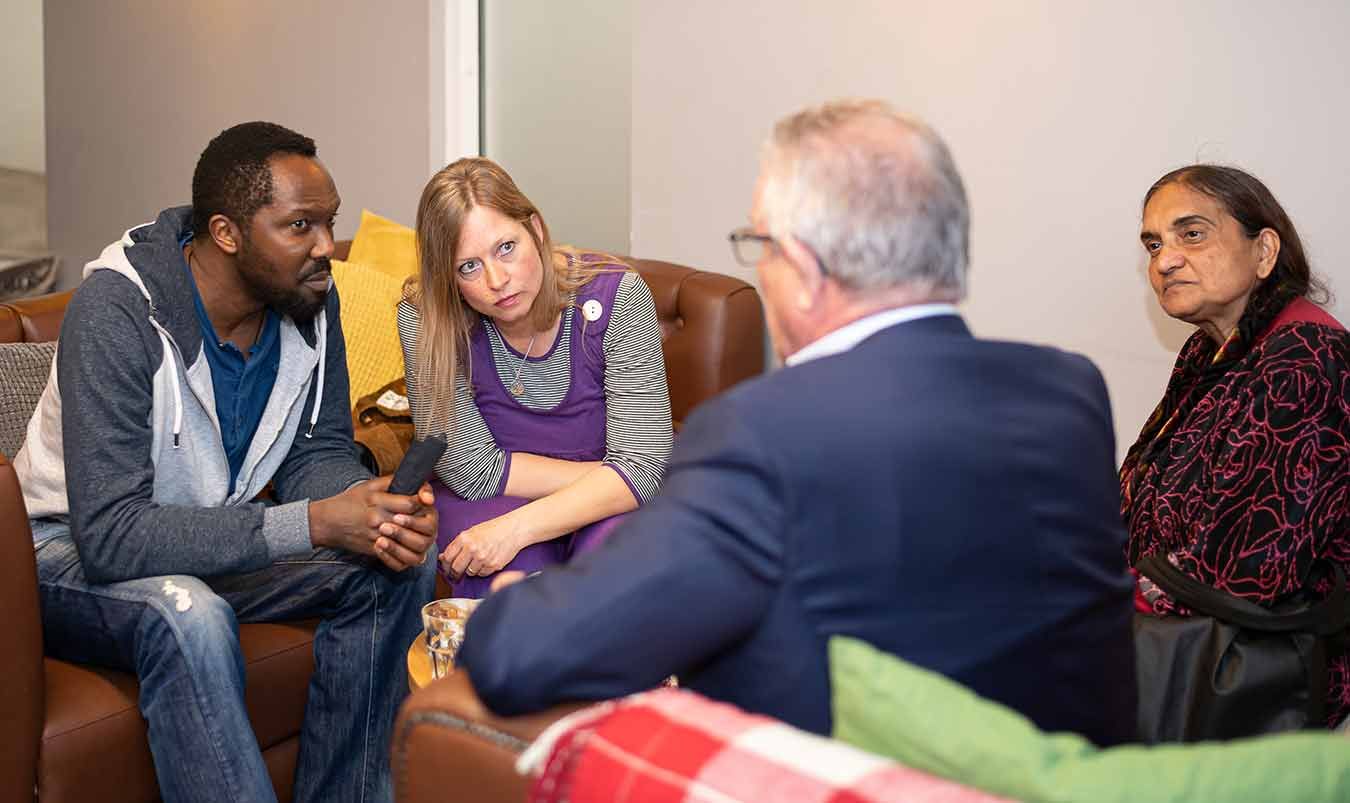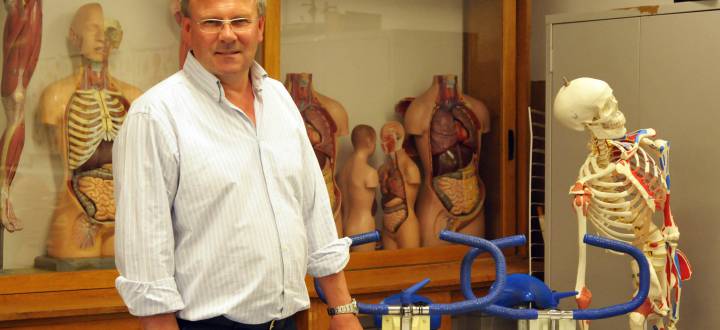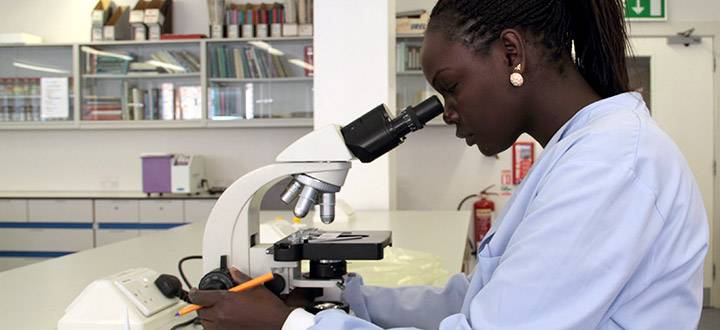LISTEN: co-designing and evaluating personalised self-management support for long Covid
Long Covid: From obscurity to headline

The now familiar expression ‘long Covid' first emerged in May 2020, coined by individuals to make sense of, and draw attention to, the persistent and complex symptoms they were experiencing in the wake of infection with Covid.
Since then, an astonishing 203 symptoms, involving 10 organ systems, have been linked to the condition. The most common among these are fatigue and cognitive dysfunction, while exercise, mental activity and stress have proved key triggers.
While ‘long Covid' was initially dismissed, leaving patients feeling misunderstood and overlooked, identifying the symptoms and causes of long Covid has now become a major focus of research worldwide.
However, there is still little definitive evidence for interventions that could help people living with long Covid. The complexity of the condition calls for a different approach, one that can accommodate heterogeneity and the need for individualised treatment plans.
What has also become clear since May 2020, is the considerable expertise of these patient groups: any approach would do well to seek out, and be guided by, the knowledge of people still living with, or recovered from, the condition.
The LISTEN project

The LISTEN project, jointly led by Professor Fiona Jones of Kingston University and St George's, University of London, and Professor Monica Busse of Cardiff University, was designed with precisely these considerations in mind. It aims to work in partnership with individuals living with long Covid and to co-design, co-deliver, and evaluate a personalised self-management support intervention with a specific focus on non-hospitalised people living with long Covid.
In more detail, LISTEN's research objectives are to:
- co-design digital and paper-based self-management resources that are accessible and applicable for individuals with long Covid
- co-design training for community rehabilitation practitioners to deliver remote one-to-one self-management support
- establish the clinical and cost effectiveness of the intervention compared to usual care as currently available in the NHS
- conduct a mixed-methods process evaluation to inform an integration and sustainability package that could be subsequently used (should the intervention be effective) as part of a rapid national scale-up effort.
Work on LISTEN began in August 2021, and is set to continue until August 2023.
The project is being funded by the NIHR and is benefitting from a wide range of experts from several institutions, namely:
- Kingston University and St George's
- University of London
- Cardiff University
- Swansea University
- Lincoln University
- King's College London
- Bridges Self-Management (www.bridgesselfmanagement.org.uk)
- St George's Healthcare NHS Trust
- PRIME Centre in Wales (www.primecentre.wales).
A unique approach to existing long Covid activities
While the impact of the LISTEN intervention will not be known until the trial is complete, it is fair to say that, at this point in time, the intervention is unique among existing long covid activities and the research will provide invaluable insights.
The study has also been designed to maximise its eventual impact.
Firstly, LISTEN will provide a comparison to existing long Covid services which were rapidly implemented but have not been fully evaluated.
Secondly, the personalised self-management support intervention will be integrated into existing community rehabilitation services and extend support beyond long Covid clinics. This will build capacity to support individuals with long Covid at local and community levels.
LISTEN will further initiate a change in attitude, knowledge and awareness of the value of working in partnership with individuals with long Covid.
The study is responding directly to the knowledge gap and unmet needs identified by the long Covid community, and their call for a holistic, individualised, intervention which reflects the diversity and complexity of symptoms for individuals with long Covid.
Finally, the mixed methods process evaluation will deliver a detailed study of the implementation process, identifying implementation support strategies that can be used to scale up the trialled intervention and a de novo training package for community rehabilitation teams ready for scale-up and implementation by the end of the LISTEN project.
As the project reaches key milestones, findings and developments will be shared widely and feedback invited from the broader ‘long covid' community. In the meantime, all the latest project news will be posted on the LISTEN twitter page @TheLISTENproj.
Contact us
- For non-student research enquiries, email the Research Office
- Research contacts
- Graduate Research School contacts
- Business and Enterprise contacts
- How to get to Kingston University
Research grant
LISTEN is one of 15 projects from across the UK awarded a total of £19.6 million to understand and manage long Covid.
More about the National Institute for Health Research funded studies.
Follow us
Contact us
- For non-student research enquiries, email the Research Office
- Research contacts
- Graduate Research School contacts
- Business and Enterprise contacts
- How to get to Kingston University


